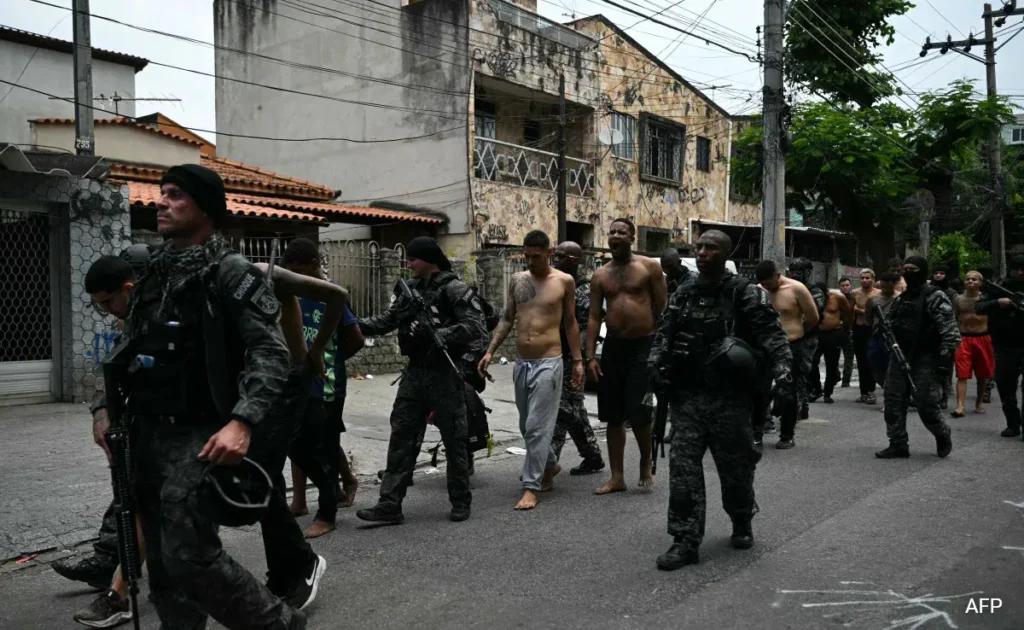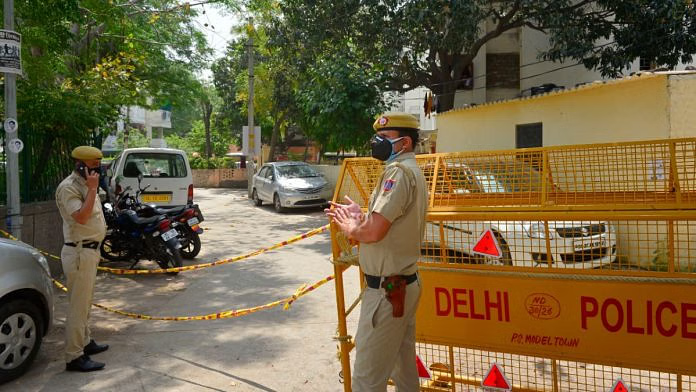Now Reading: Supreme Court Asks States to Explain Anti-Conversion Laws Amid Fears for Inter-Faith Marriages
-
01
Supreme Court Asks States to Explain Anti-Conversion Laws Amid Fears for Inter-Faith Marriages
Supreme Court Asks States to Explain Anti-Conversion Laws Amid Fears for Inter-Faith Marriages

The Supreme Court has called on states with anti-conversion laws to respond to petitions challenging parts of those laws, especially sections criminalising conversion via threat, allurement or deceit. Petitioners argue that such laws are being misused to target inter-faith couples and undermine religious freedom. As hearings loom, the legal battle could affect many in smaller towns where local communities feel these laws are already influencing marriages and social dynamics.
What the States Are Asked to Do
States that have passed anti-conversion or “Freedom of Religion” acts—such as Uttar Pradesh, Gujarat, Madhya Pradesh, Rajasthan, Uttarakhand, Maharashtra, and others—are required to file replies within four weeks. They must clarify how they define “allurement,” “deceit” and how burden of proof will work. Justices have asked whether these laws can coexist with constitutional guarantees of freedom of belief and marriage.
Concerns Raised by Petitioners
Petitioners including civil rights groups and social organisations say certain provisions are harsh— for example, laws that make it hard for couples to prove their union is genuine without coercion. They argue heavy punishments, up to 20 years in some states, and rigid application of laws can discourage legitimate inter-faith relationships and cause fear in already marginalised communities.
Legal and Social Implications for Smaller Cities
In smaller and Tier-2 towns, where families and communities are tightly knit, local police or officials may apply these laws unevenly. Inter-faith couples often rely on community acceptance; legal complications add another layer of anxiety. Lack of legal resources, awareness about rights, and fear of social backlash can make it harder for people to challenge alleged misuse of these laws.
State Interests and Arguments
States defending these laws argue they are necessary to prevent forced conversions and preserve social harmony. They maintain that “threat, influence or deceit” are serious concerns, especially in rural or vulnerable populations. Officials also claim that properly implemented, these laws do not touch genuine consent or marriages entered freely.
Possible Outcomes from the SC’s Decision
The Supreme Court may freeze some stringent provisions while it considers the broader constitutional challenge. It could set clearer standards for what constitutes coercion or deceit, and define how states should handle inter-faith marriages under the laws without violating constitutional rights. The ruling might also require states to ensure legal aid and awareness, particularly in small towns.
Conclusion
The Supreme Court’s demand for states’ replies on anti-conversion laws puts a spotlight on how legal provisions intersect with individual freedom, belief, and marriage. For many in Tier-2 and Tier-3 India, the decision could change how society treats faith and inter-faith unions. What comes next may define whether these laws protect or restrict, and whether safeguards are strong enough for those serving justice under shared values of freedom.

























